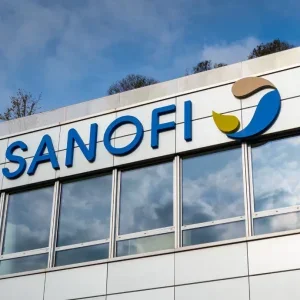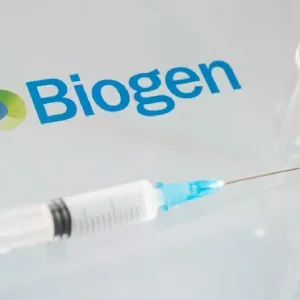Dragonfly Therapeutics has extended its existing collaboration with AbbVie to include the discovery and development of novel immunotherapies for new targets in autoimmune and fibrotic diseases.
The two companies initiated a multi-target collaboration in November 2019, aimed at advancing Dragonfly’s immunotherapies for autoimmune and oncology indications.
In January last year, AbbVie licensed the first drug candidate developed as part of the collaboration, using Dragonfly’s TriNKET technology.
Under the expanded collaboration, Dragonfly will allow AbbVie to license exclusive global rights to multiple new candidates developed using its TriNKET technology platform.
AbbVie is responsible for paying an upfront payment to Dragonfly, along with success-based milestone payments and royalties in future.
AbbVie vice president and discovery research global head Jonathon Sedgwick said: “We have seen strong progress in our current collaboration with Dragonfly focused on their triNKET technology and are pleased to expand our partnership to include additional immunology targets of interest to AbbVie.”
Dragonfly co-founder and chief executive officer Bill Haney said: “We look forward to building on our successful collaboration, and rapidly progressing with the AbbVie team to advance new treatment options for patients.”
In a separate development, AbbVie has terminated its collaboration with Swedish biotechnology company BioArctic.
The two companies have initially collaborated in 2016, for the research and development of BioArctic’s portfolio of alpha-synuclein antibodies for Parkinson’s disease and other indications.
In 2019, the partnership launched a Phase 1 study of the lead asset, ABBV-0805, and was continued into Phase 2 with once-monthly dosing.
ABBV-0805 is a monoclonal antibody drug candidate designed to selectively bind and eliminate aggregated forms of alpha-synuclein such as oligomers and protofibrils.
Alpha-synuclein is believed to play an important role in neurodegenerative malignancies including Parkinson’s disease.
BioArctic CEO Gunilla Osswald said: “We are disappointed that AbbVie has taken this decision. All available data indicates that ABBV-0805 has uniquely high selectivity for the pathological forms of aggregated alpha-synuclein, as well as Phase 1 data supporting progression to Phase 2.
“We believe that ABBV-0805 has the potential to become a disease-modifying treatment for people with Parkinson’s disease and will now investigate options to continue the development of this asset.”






